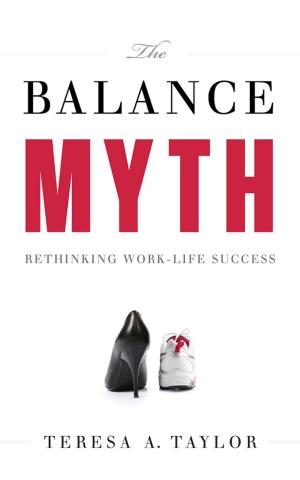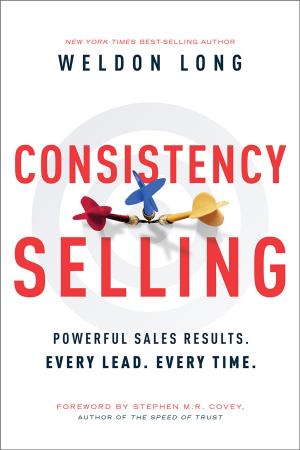| Author: | Mary Fisher | ISBN: | 9781608323999 |
| Publisher: | Greenleaf Book Group Press | Publication: | September 4, 2012 |
| Imprint: | Greenleaf Book Group Press | Language: | English |
| Author: | Mary Fisher |
| ISBN: | 9781608323999 |
| Publisher: | Greenleaf Book Group Press |
| Publication: | September 4, 2012 |
| Imprint: | Greenleaf Book Group Press |
| Language: | English |
Mary Fisher took America by storm the evening of August 19, 1992, when she addressed the Republican National Convention and gave the world a new face of American AIDS: a winsome mother of two pre-schoolers who had contracted the virus within her marriage. She had been a television producer and had been named the first woman White House Advanceman by President Gerald R. Ford, but privilege had not shielded her from the virus. While she became “a pilgrim on the road to AIDS,” devoted to advocacy and to her children, she prepared to die.
With the development of antiretroviral (ARV) therapies that could prolong the lives of persons with AIDS, Fisher’s life changed dramatically once again. For fifteen years, she joined the ranks of Americans living on ARVs. Having arranged for the care of her children after her death, she now faced an uncertain future. How long would “the cocktail” work to keep her alive? Had any women been tested during drug research? How does one live wisely when death is no longer eminent and life itself is uncertain?
In this moving memoir, Fisher focuses her life story through the promise she made in that 1992 speech: “I want my children to know that their mother was not a victim. She was a messenger.”
In a lively voice devoid of self pity and filled with surprising humor, Fisher tells her story as a woman of emerging strength and hope. Along the way she remembers moments of hilarity ?from the condom company that wanted her endorsement to the elderly nurse who warns Republicans against having sex with mosquitoes.
“In a gay, male epidemic,” writes Fisher, “I was a novelty: a dying Republican mother.” Messenger proves that a “novelty” can grow into a woman of strength and wisdom; that a dying young mother can emerge from illness and depression with a convincing sense of humor and healing.
Mary Fisher took America by storm the evening of August 19, 1992, when she addressed the Republican National Convention and gave the world a new face of American AIDS: a winsome mother of two pre-schoolers who had contracted the virus within her marriage. She had been a television producer and had been named the first woman White House Advanceman by President Gerald R. Ford, but privilege had not shielded her from the virus. While she became “a pilgrim on the road to AIDS,” devoted to advocacy and to her children, she prepared to die.
With the development of antiretroviral (ARV) therapies that could prolong the lives of persons with AIDS, Fisher’s life changed dramatically once again. For fifteen years, she joined the ranks of Americans living on ARVs. Having arranged for the care of her children after her death, she now faced an uncertain future. How long would “the cocktail” work to keep her alive? Had any women been tested during drug research? How does one live wisely when death is no longer eminent and life itself is uncertain?
In this moving memoir, Fisher focuses her life story through the promise she made in that 1992 speech: “I want my children to know that their mother was not a victim. She was a messenger.”
In a lively voice devoid of self pity and filled with surprising humor, Fisher tells her story as a woman of emerging strength and hope. Along the way she remembers moments of hilarity ?from the condom company that wanted her endorsement to the elderly nurse who warns Republicans against having sex with mosquitoes.
“In a gay, male epidemic,” writes Fisher, “I was a novelty: a dying Republican mother.” Messenger proves that a “novelty” can grow into a woman of strength and wisdom; that a dying young mother can emerge from illness and depression with a convincing sense of humor and healing.















